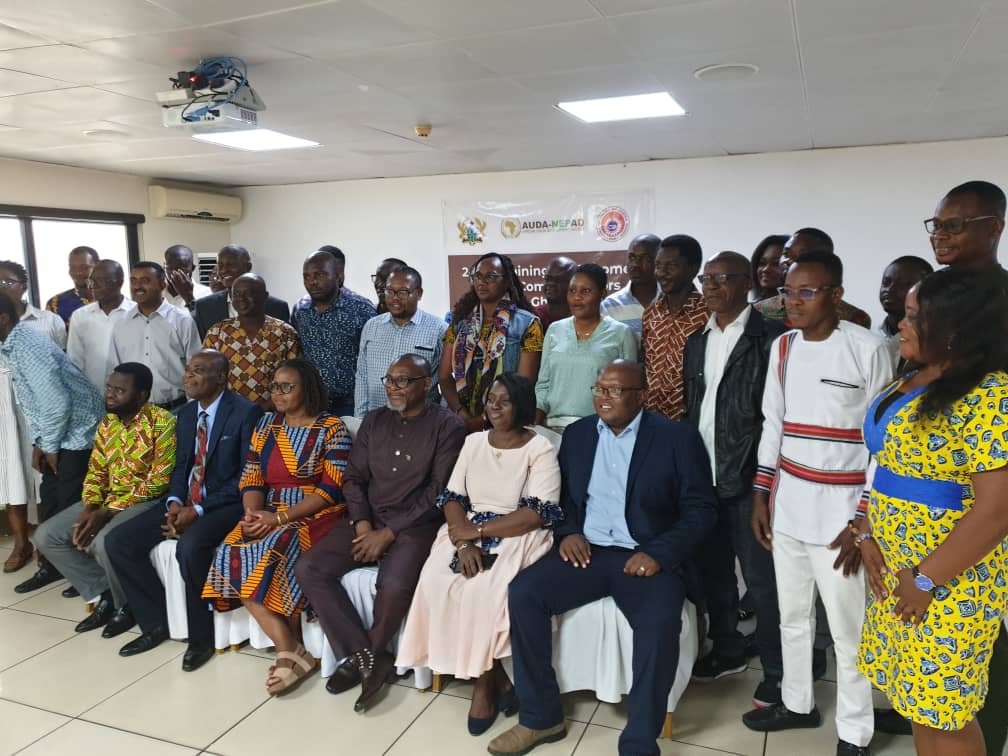
In a concerted effort to tackle Africa’s enduring challenges in food security, African scientists and science communicators are urging leaders on the continent to prioritize the utilization of gene editing technology tools.
The call comes as experts believe that gene editing has the potential to enhance food nutrition, bolster crop resistance against diseases, and elevate crop yields.
The gene-editing tool, they argue, offers a viable avenue for Africa to achieve food sufficiency without posing any harm to its agricultural ecosystems. Gene editing entails making highly specific changes to the DNA sequence of living organisms, essentially customizing their genetic makeup.
This is achieved through the use of engineered enzymes, particularly nucleases, designed to target specific DNA sequences, introducing cuts into DNA strands, facilitating the removal and replacement of genetic material (source: britannica.com).
During a two-day residential training on Gene Editing Technology for African science communicators in Accra, Ghana, organized by AUDA-NEPAD in collaboration with the Council of Scientific & Industrial Research (CSIR), experts emphasized the importance of endorsing this technology to benefit the growing African population.
Expressing concern over insufficient government commitment to research activities, scientists and journalists at the event called for increased funding allocations towards research works in Africa.
Dr. Francis Tanam Djankpa, a Senior Lecturer and molecular and cellular specialist at the University of Cape Coast (UCC), Ghana, questioned Africa’s reliance on importing basic food products when competent scientists on the continent could alter this narrative. He emphasized the need for a collective commitment to science innovations and inventions by Africans.
Mr. Kwamena E. Quaison, Director for Science, Technology, and Innovation (STI) at the Ministry of Environment, Science, Technology, and Innovation, urged science communicators to spearhead the promotion of Gene Editing technology in various news outlets.
He highlighted the importance of appropriate oversight and regulation, guided by inclusive public discourse, to ensure the general acceptability of this technology, which holds significant potential in reducing hunger among the growing population.
Dr. Seth Awuku Manteaw, Director of the Council for Scientific and Industrial Research CSIR-MIST, expressed confidence that the two-day training for science communicators would enhance their knowledge base, benefitting the wider population.
Mrs. Linda Asante Agyei, Vice President of the Ghana Journalists Association, called on African leaders to allocate special seed funds to support research and innovations aimed at improving food systems.
She questioned the continent’s reliance on others for innovations, emphasizing the need to empower African scientists with state-of-the-art laboratories and adequate funding to deliver timely and impactful results.



